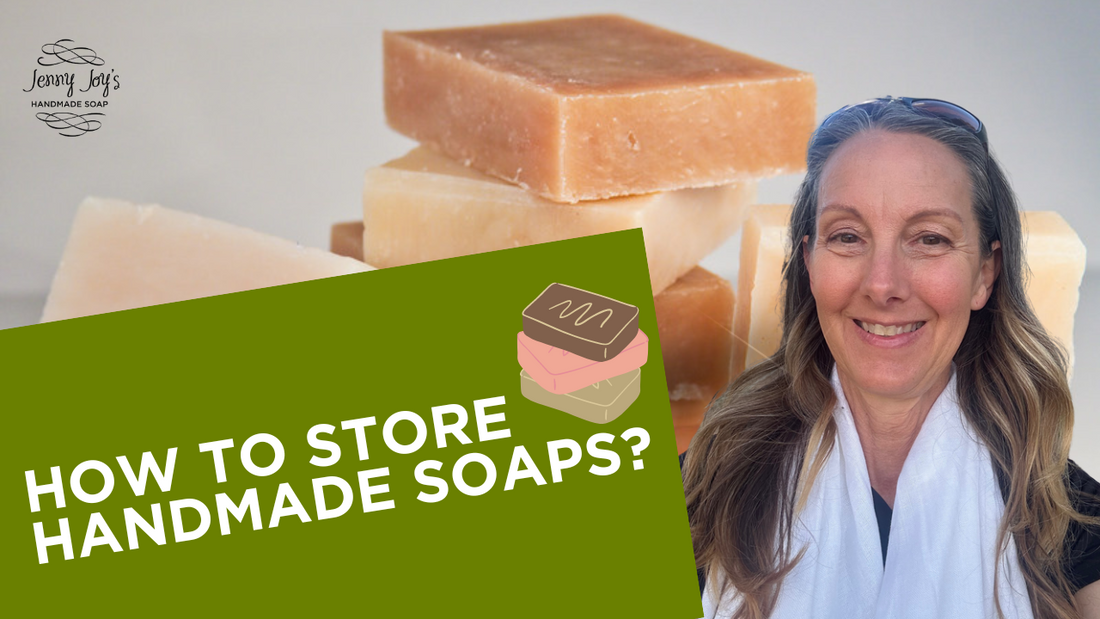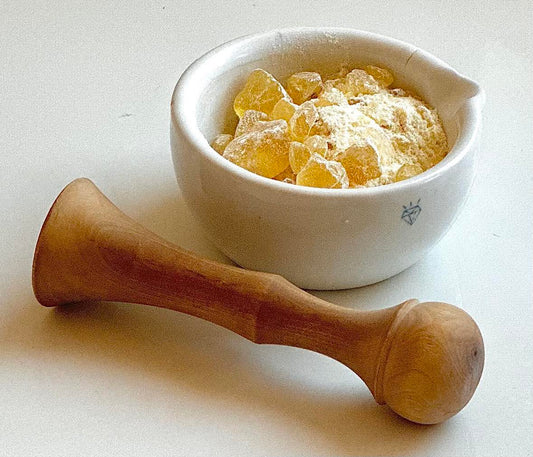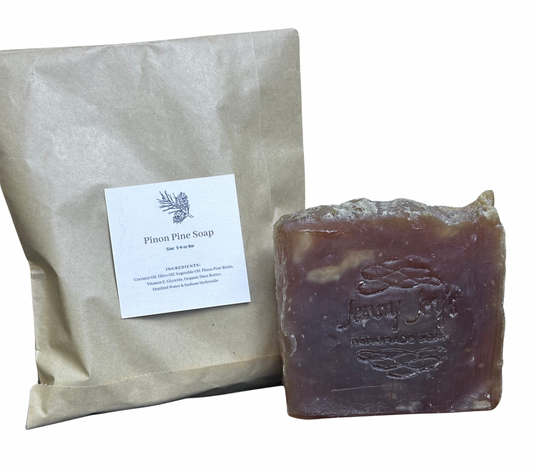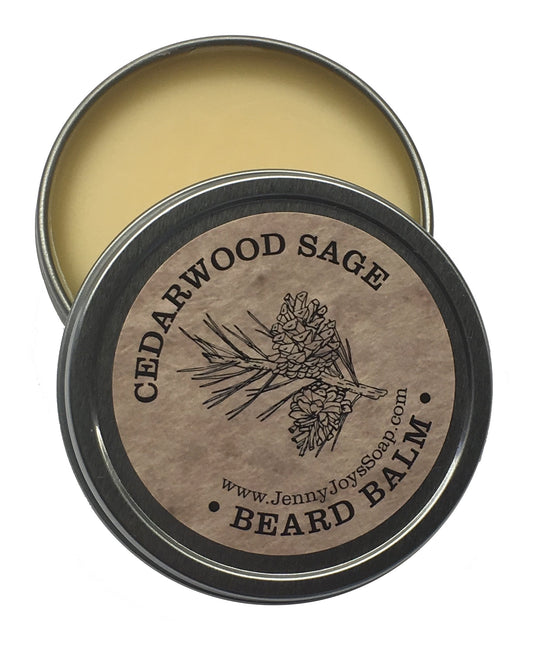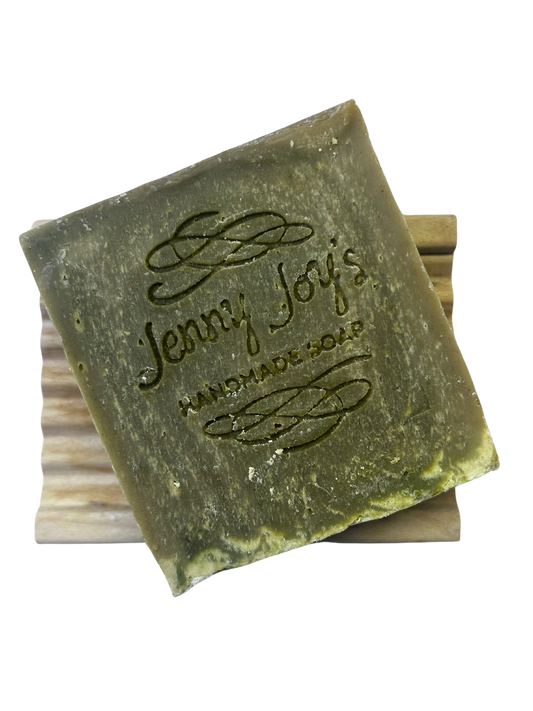To ensure your handmade soap stays fresh and lasts longer, it's important to store it correctly. Keep your soap in a cool, dry place away from direct sunlight and excessive humidity. A well-ventilated area, such as a soap dish with drainage, is ideal for allowing the soap to dry between uses and prevent it from becoming mushy.
Avoid storing soap in sealed containers or plastic bags, as it can trap moisture and lead to premature melting or loss of fragrance. By following these storage tips, you can enjoy the full benefits and extend the life of your handmade soap.
Does handmade soap expire?
Handmade soap, like any other product, does have a shelf life. While it doesn't technically expire, it can lose its quality and effectiveness over time. The natural ingredients used in handmade soap, such as oils, butters, and essential oils, can oxidize and become rancid if stored for too long.
Additionally, the scent and color of the soap may fade with time. However, with proper storage and care, handmade soap can maintain its quality for an extended period.
How long can you store homemade soaps?
Homemade soaps can typically be stored for a period of 1 to 2 years, depending on the ingredients used and how they are stored. To maximize the shelf life of your homemade soap, it's important to keep it in a cool, dry place away from direct sunlight and excessive moisture.
Properly cured and dried soaps tend to last longer compared to those that are still soft or have a high water content. Additionally, using natural preservatives like vitamin E or rosemary extract can help extend the shelf life of your homemade soaps. Our natural handmade pine tar soap is perfect for sensitive skincare routine.
However, it's always recommended to use your homemade soaps within a reasonable timeframe to ensure their freshness and effectiveness. Regularly check for any signs of spoilage or rancidity, such as changes in color, texture, or scent, and discard any soap that appears to be compromised.
3 ways to make handmade soap last longer
Making handmade soap is a delightful and rewarding process, and it's only natural to want your creations to last as long as possible. We craft our sandalwood and patchouli handmade soap with great care to last longer. With a few simple tips and techniques, you can help extend the lifespan of your handmade soap and ensure that it provides many luxurious and enjoyable showers. Here are three effective ways to make your handmade soap last longer:
-
Proper Curing and Drying:
One of the key factors in prolonging the life of handmade soap is allowing it to cure and dry properly before using it. Curing is a process that involves allowing the soap to harden and the excess moisture to evaporate over a period of several weeks.
This helps to create a firmer and longer-lasting bar of soap. After removing the soap from the mold, place it on a drying rack or a well-ventilated area with good air circulation.
Ensure that the bars are not touching each other to allow for proper drying. Depending on the recipe and ingredients used, the curing process can take anywhere from 4 to 6 weeks or even longer.
Patience is key during this phase as it allows the soap to develop its optimal hardness and longevity.
-
Use a Soap Dish or Soap Saver:
To prevent your handmade soap from becoming mushy and melting away too quickly, it's important to use a soap dish or soap saver. These simple accessories help keep the soap elevated and allow excess water to drain away, keeping the soap dry between uses.
Choose a soap dish or saver that allows for good drainage and airflow to ensure effective drying. Avoid leaving your soap in a pool of water or in a humid environment, as this can lead to softening and premature melting of the soap.
By using a soap dish or saver, you can significantly extend the life of your handmade soap and enjoy more luxurious showers.
-
Rotate and Store Properly:
To ensure that your handmade soap retains its freshness and quality, it's a good idea to rotate your soap bars. Instead of using the same bar continuously, switch between multiple bars to allow them ample time to dry and harden between uses.
This rotation method helps prevent soap bars from sitting in moisture for extended periods, reducing the chances of softening and wasting away. Additionally, store your unused soap bars in a cool, dry place away from direct sunlight and excessive humidity.
A linen closet or a drawer in your bathroom are suitable storage locations. Use a container or wrap the soap bars in wax paper or breathable fabric to protect them from dust and moisture.
Proper storage conditions can help preserve the scent, texture, and effectiveness of your handmade soap. To learn about difference between handmade soap vs commercial soaps, click here.
By following these three techniques - proper curing and drying, using a soap dish or soap saver, and rotating and storing your soap bars correctly - you can greatly enhance the lifespan of your handmade soap.
Not only will this save you money in the long run, but it will also ensure that you can enjoy your beautifully crafted soaps for an extended period. Remember, handmade soap making process is of love, and with a little care, you can savor its luxurious qualities for a longer time.
Experience the enchanting allure of our meticulously crafted handmade soap, a harmonious fusion of nature's finest ingredients and artisanal craftsmanship. Each bar is a testament to our commitment to quality, sustainability, and personalized formulations.
By choosing our handmade soap, you join us in supporting local artisans and embracing our mission of promoting eco-friendly practices. Treat yourself to a luxurious bathing experience that nourishes your skin and uplifts your senses.
Shop now and immerse yourself in the wonders of handmade goodness.

